Wondering if digestive enzymes are worth it? The digestive system is not only responsible for breaking down the food you eat, but it also reduces the risk of several health problems like ulcers. Have you ever wondered how it does this? Digestive enzymes and probiotics help the system work so that it can support other regulatory functions.
Read further to learn how digestive enzymes help the digestive system.
How Does Digestion Work?
The digestive system works by moving liquids and food through your GI tract. The digestion process begins in your mouth and ends with the anus. When the food and liquid pass through the GI tract, they interact with digestive juices and digestive enzymes. As a result, large molecules of food break down. Your body absorbs these food particles through the walls of the small intestine, after which they reach your bloodstream. After this, waste products in the digestive system leave your body as stool.
How do Digestive Enzymes Work in the Body?
Your GI tract is filled with enzymes that help break down food in the digestive system. They are responsible for speeding up digestion by turning nutrients into a smaller substance that the body can easily absorb.
Saliva is the first digestive enzyme in the digestive system that mixes with food, but organs like the pancreas, liver, and gallbladder also contain digestive enzymes. Note that every enzyme in your body has different responsibilities and targets different nutrients. For instance:
- Lipase- regulates fats
- Protease- breaks down proteins
- Amylase- works on starches and carbs

Many people suffer from enzyme deficiencies that prevent their digestive system from breaking down and absorbing food efficiently. This leads to several other problems such as malnutrition, diarrhoea, gas, and stomach aches. If you want to improve digestion, it's important to consume foods that naturally contain these enzymes. Many food options offer these enzymes:
- Bananas and mangoes contain amylase
- Honey has protease and amylase
- Avocados contain digestive enzyme lipase
- Fermented cabbage or sauerkraut develops enzymes during fermentation
- Papaya offers a type of protease, known as papain
What Causes Low Digestive Enzyme Production?
Your body can slow down producing enzymes due to different digestive disorders. Some of the common problems are:
Lactose Intolerance
In this condition, your body stops producing lactase, an important enzyme to absorb natural sugar in milk. This disorder can occur due to several reasons. Some people are born with a gene that makes them lactose intolerant. Surgery, injury, or illness can also cause this issue to develop.
Exocrine Pancreatic Insufficiency (EPI)
The pancreas produces digestive enzymes, but it can slow down when conditions such as cystic fibrosis, pancreatic cancer, or inflammation damage the pancreas. Diabetes can also interfere with enzyme production and affect the pancreas.
Digestive Enzymes vs. Probiotics
Probiotics and digestive enzymes in your body work together in the digestive system, but they have different responsibilities. The enzymes break down food and speed up the digestion process, and regulate the chemical process in the system. On the other hand, probiotics are living microorganisms that maintain good gut health to help them work efficiently.
What is a Digestive Enzyme Supplement?
Digestive enzyme supplements mimic the effects of the digestive enzymes that occur in your body to help your body break down and absorb food. Digestive enzyme supplements are helpful for people suffering from enzyme deficiencies or who experience bloating and other digestive distress. Many people purchase them over-the-counter to improve digestion.
There are different types of digestive enzyme supplements available on the market such as:
Bromelain
These supplements include enzymes derived from the pulp and stem of pineapples. It helps digest protein so your body can absorb it. Bromelain is an ideal supplement for people suffering from symptoms of indigestion.
Lipase
Lipase helps in the digestion of fats, and manufacturers extract them from fungi, plants, pigs, and cows. These types of supplements also include other enzymes like lactase, amylase, and protease.
Papain
This also helps you digest protein and some fats. You can take these supplements to boost your digestive system and help support the body through shingles, injuries, autoimmune diseases, and food allergies.
How Do Digestive Enzymes Benefit Your Body?
Though digestive enzymes help break down any food you eat, they are important to prevent several health problems. If you balance digestive enzymes in your body, it can help with a variety of digestive issues such as:
- Irritable Bowel Syndrome (IBS)
- Heartburn
- Celiac disease
Here are some of the potential benefits of having adequate levels of digestive enzymes in your body.
- Boost nutrient absorption
- Prevent leakage in the gut
- Increase energy
- Offer a healthy inflammatory response
- Decrease chronic pain and fatigue
- Reduce anxiety
- Reduce symptoms of irritable bowel syndrome
If your body doesn't produce the necessary enzymes, taking digestive enzyme supplements may help. These supplements can help you avoid health conditions that make simple things like enjoying your favourite foods more difficult. As with any supplement, before beginning, consult your healthcare provider. Any long-term digestive concerns should be shared with your doctor as they may be signs of more serious illness that requires medical attention.
Bottom Line on Digestive Enzymes
Digestive enzymes are important to living a healthy life. Your can give your body a boost with digestive enzyme supplements. These can not only help make digestion easier, but can also allow your body to absorb more nutrients from the foods you eat. When choosing a supplement, look for a reliable product that offers the necessary enzymes. Or, you can consult an expert to help you understand what supplements may be right for you.
Frequently Asked Questions about Digestive Enzymes
When should you take digestive enzyme supplements?
Digestive enzyme supplements should be taken just before you eat a meal. This way they can assist with digestion of the food you eat. It can be helpful to carry these supplements with you if you find yourself eating out on the go often.
Does digestive enzyme production slow down as we age?
Digestive enzyme production does slow down as we age. This is one reason why digestive issues can arise as we get older. Digestive enzyme supplements can help with this issue.
Do digestive enzymes help with protein absorption?
Yes, digestive enzymes can help the body better absorb protein. It's often suggested that they be combined with a protein shake to allow for the best possible absorption.
Recommended Digestive Enzyme Supplements






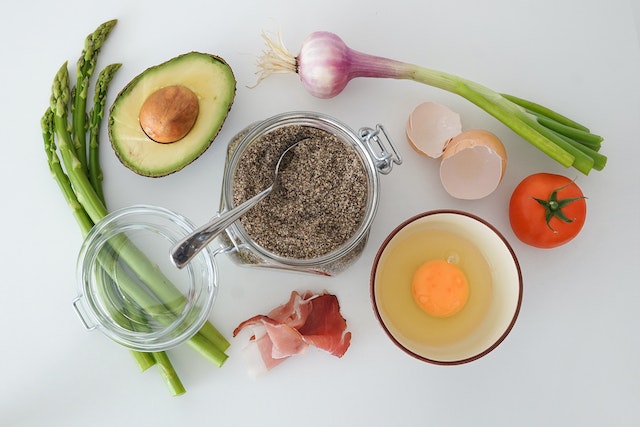

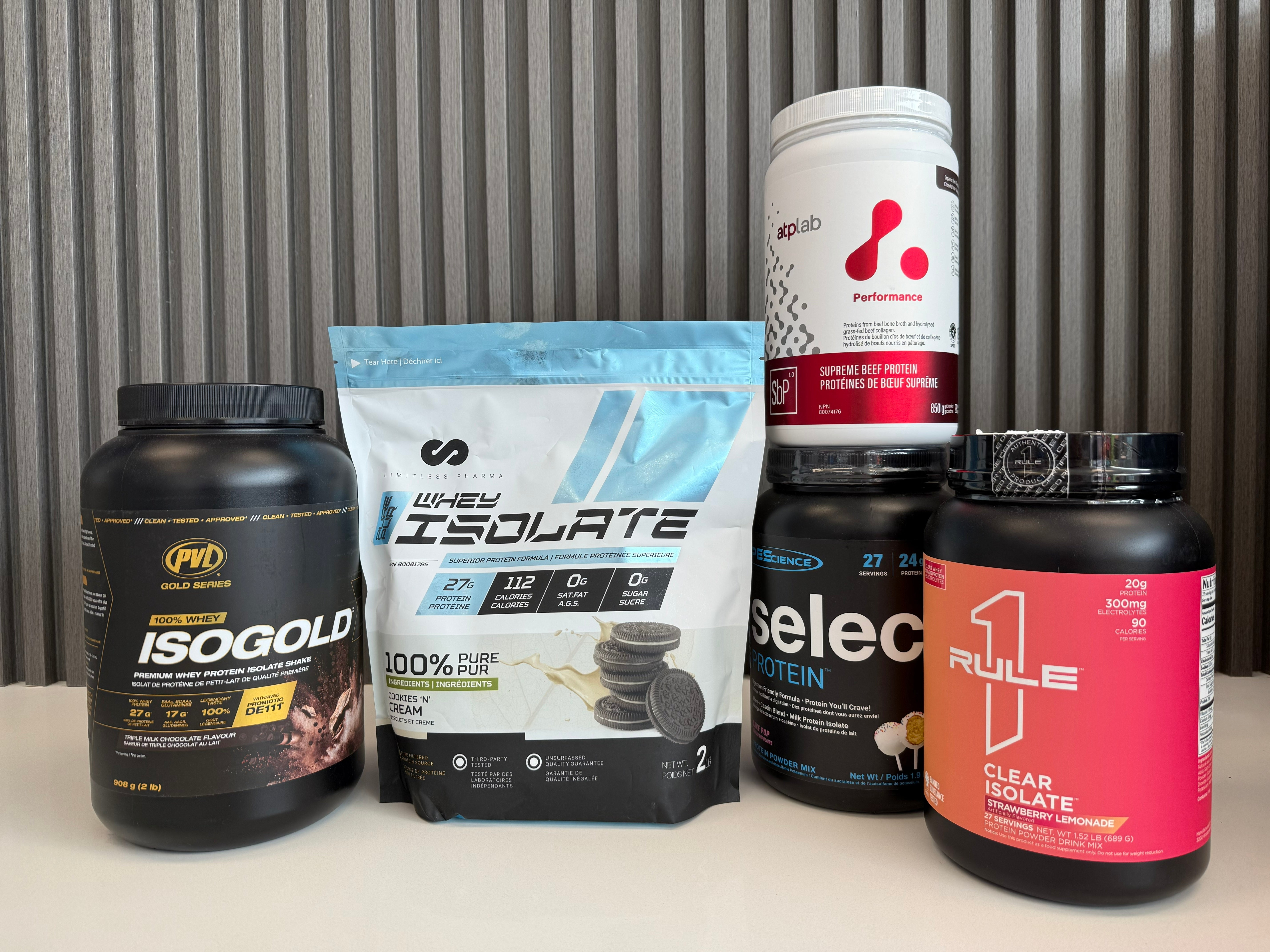
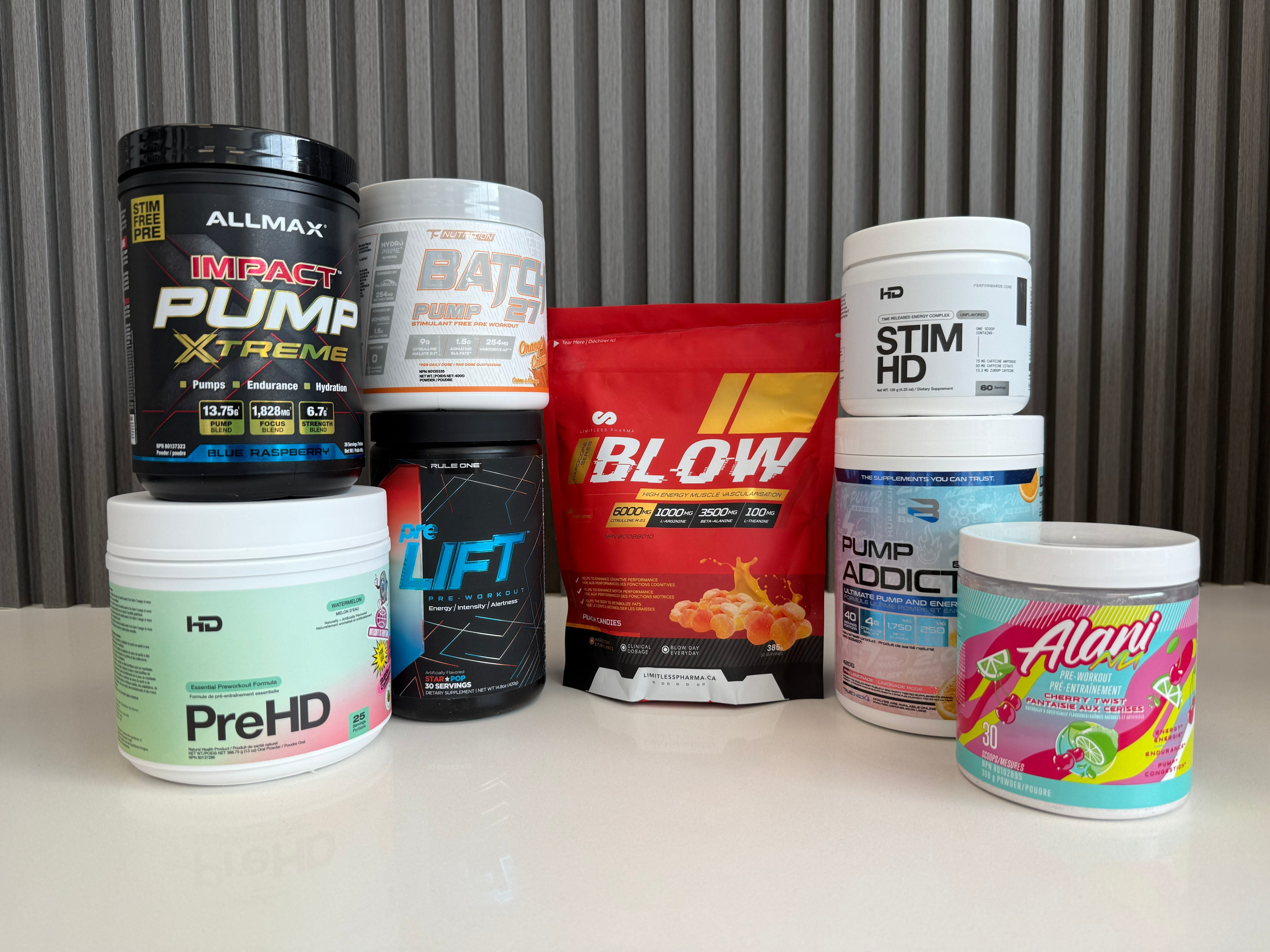
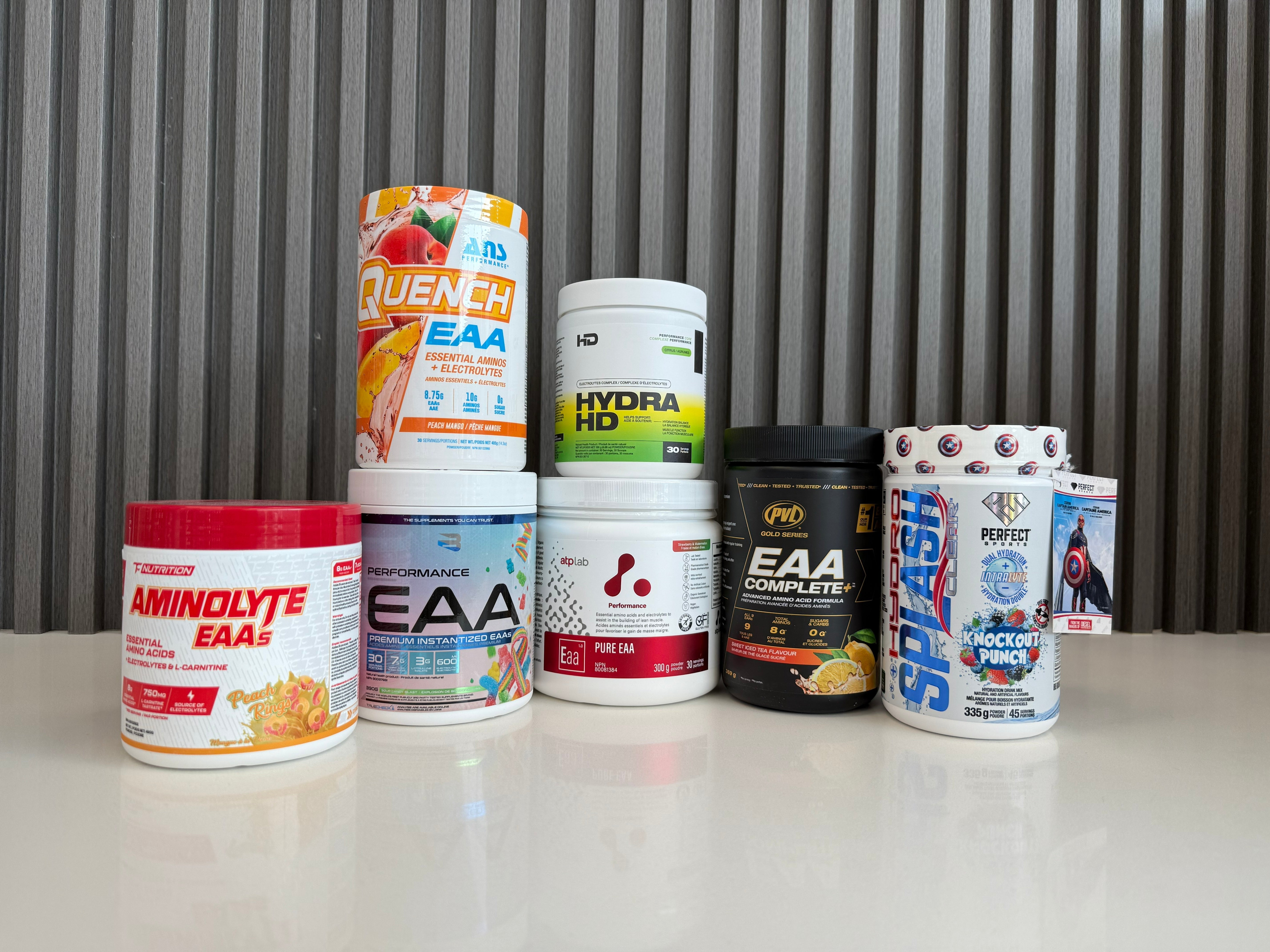
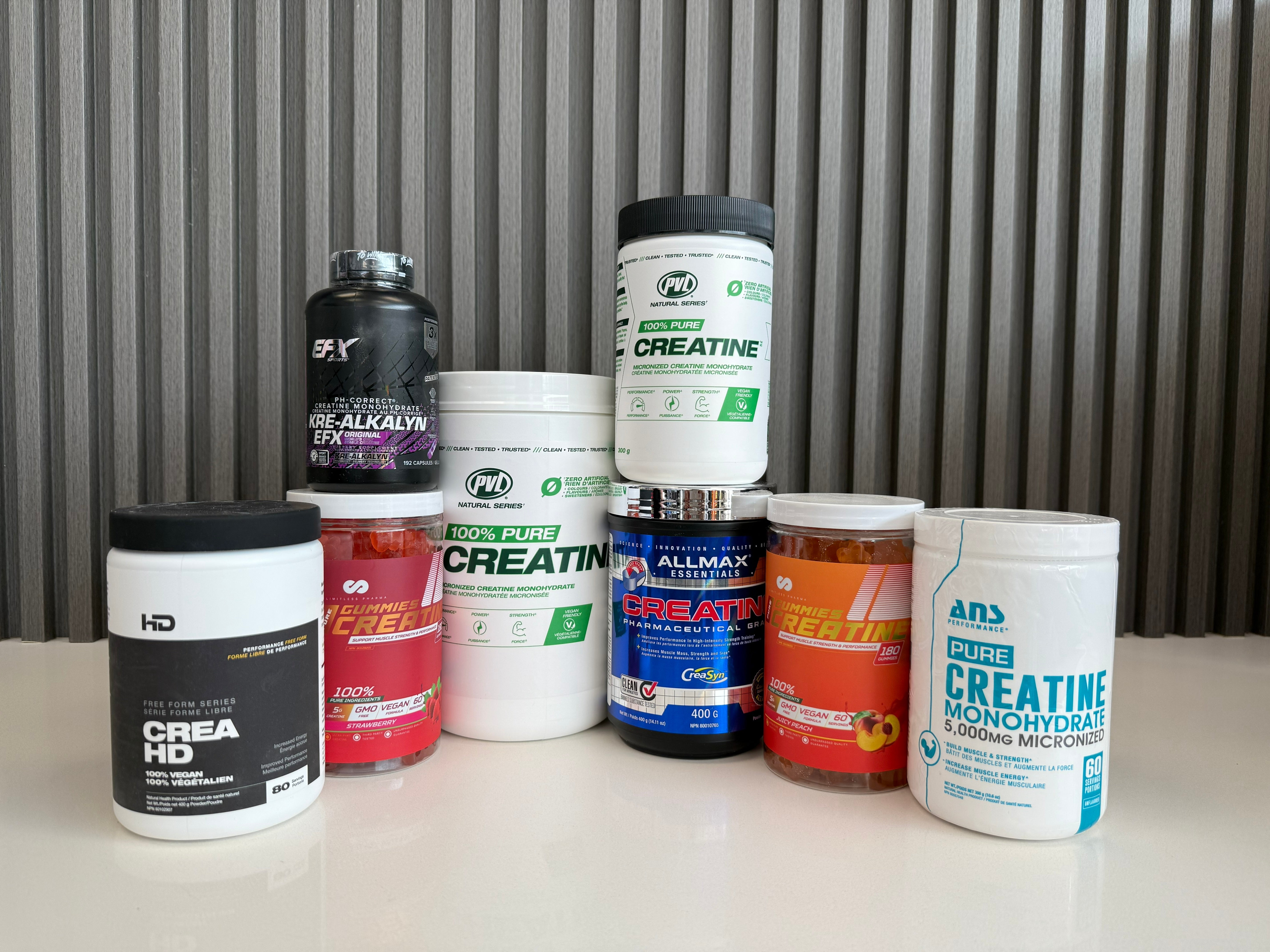
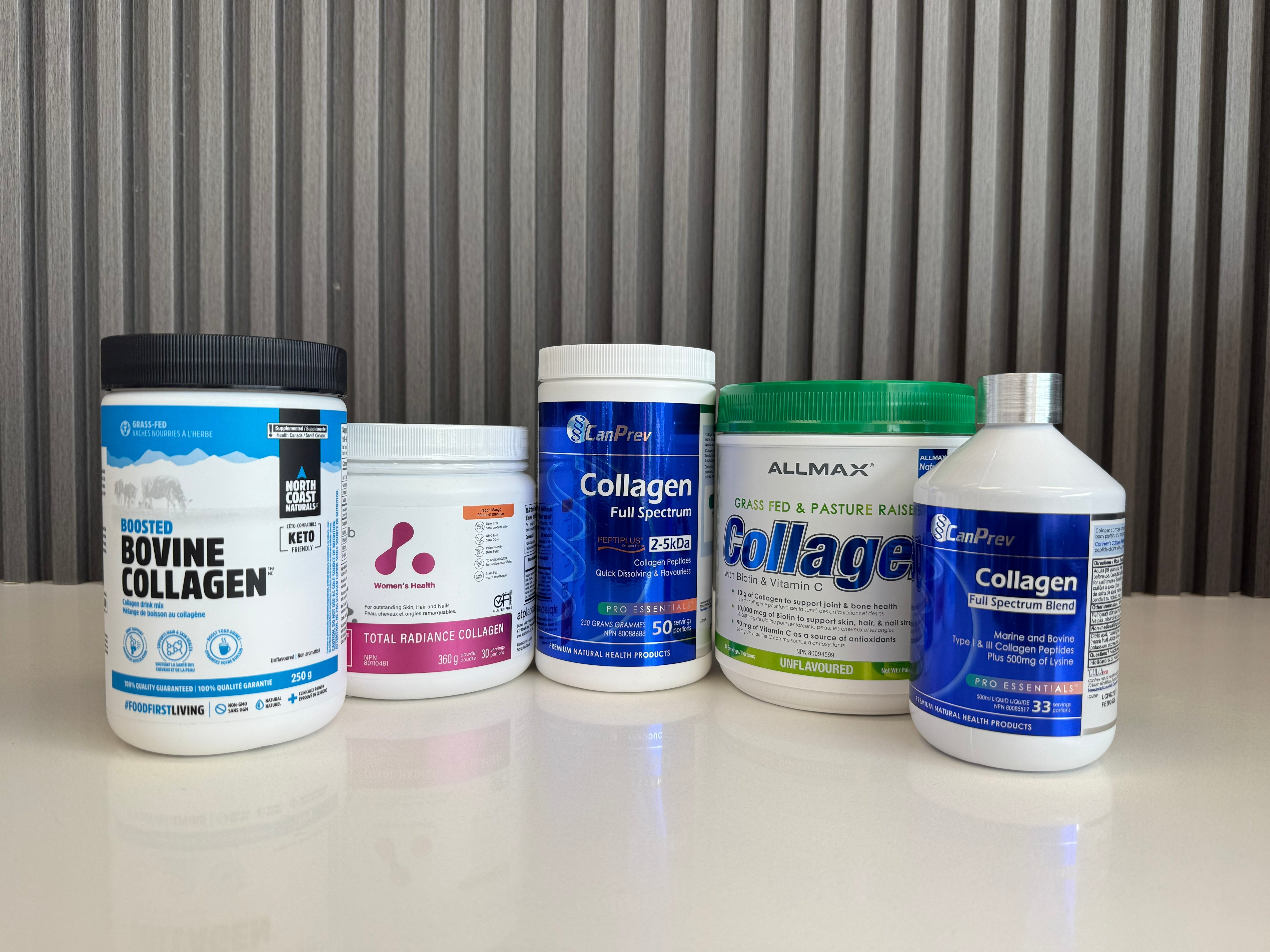
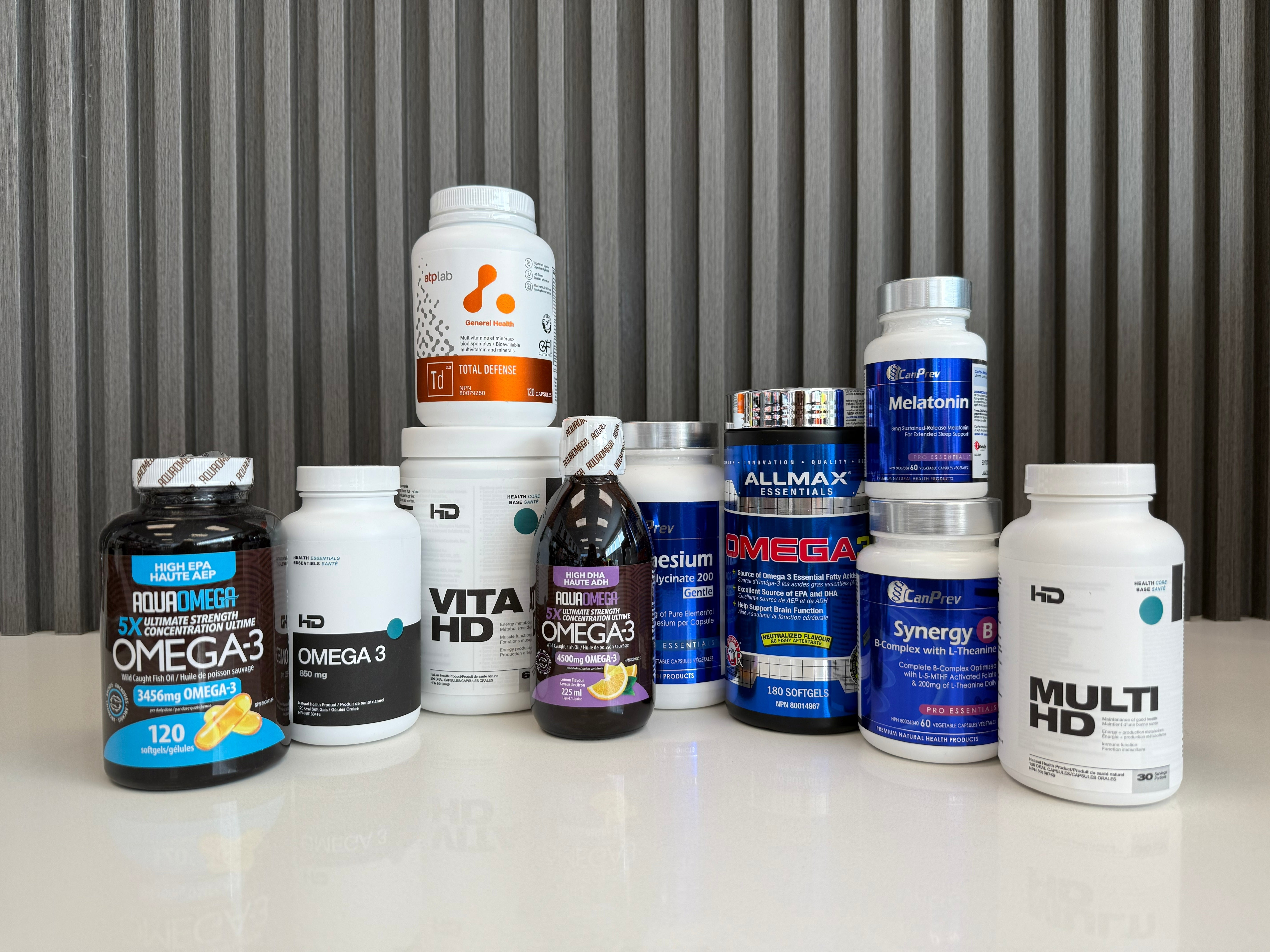
Leave a comment
All comments are moderated before being published.
This site is protected by hCaptcha and the hCaptcha Privacy Policy and Terms of Service apply.